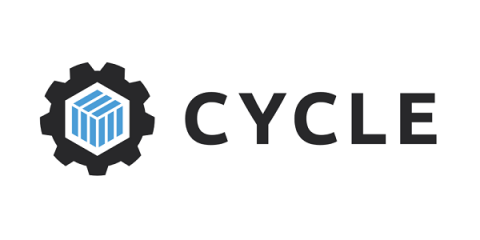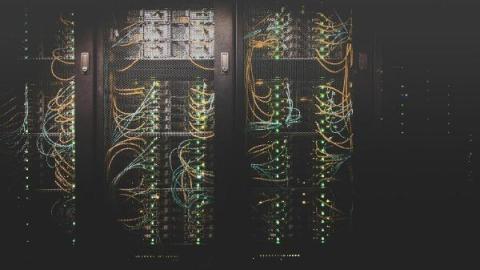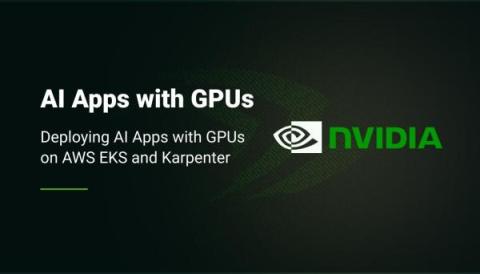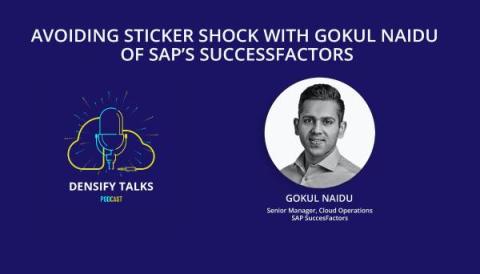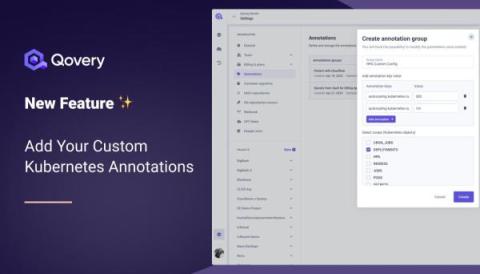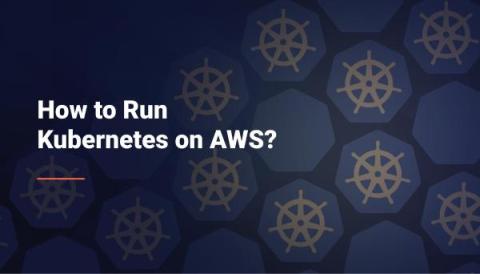Introducing Functions: Batch Processing + Event-Driven Orchestration
Whether you're building the next massive AI platform, encoding thousands of images, or a hundreds of other use cases, the ability to quickly create ephemeral tasks can be a game changer for engineers solving complex tasks.


